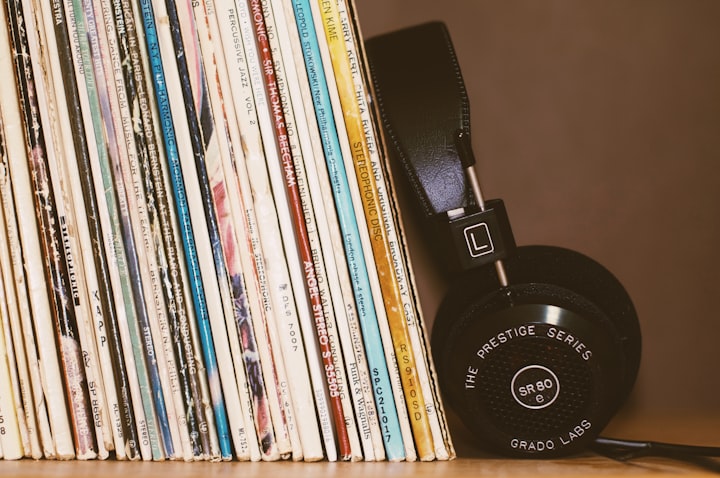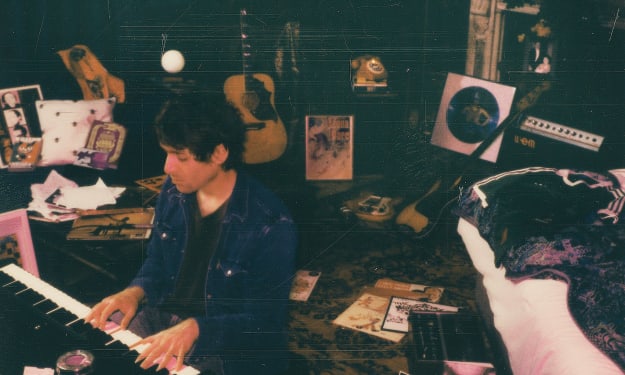Medical Music
Turn on your favorite song—it might do more than move you
Although it is often misunderstood, the argument that "music has charms to reduce dangerous chest" is familiar to most of us. The original quote, from a tragic play called "The Mourning Bride" by William Congreve, published more than 300 years ago, continues: " Music hath charms to soften the red Breast, To soften the Rocks, or to bend the carved Oak ."
Making an allotment of poetic license, the statement translates a claim about the power of music beyond emotion and its power to inspire, liberate, and drive us.
The claim seems to be about physical influence as well; the bending (or disorganization) of the produced oak immediately indicates the purification of the strong liver, arthritic disease. Science is holding up to suggest that both aspects of music therapy may be more than wishful thinking.
A Proven Cure
A systematic review and meta-analysis in the journal Pain Physician shows that music works effectively to reduce both chronic pain and related stress. In general, music was used as an adjuvant therapy in experimental interventions, which means combining it with other, conventional treatment methods, rather than being a substitute for them. These studies reviewed those patients where the patients chose their own music and others the music chosen by the investigators.
The primary conclusions are that "music reduces reported pain, anxiety, and depression in a wide variety of chronic pain patients," and that they tend to work better when patients have a choice of music.
The authors observed pain relief under various conditions, suggesting that the analgesic effect of music may be appropriate for all chronically ill patients. Relief of anxiety and depression was found to be significant, but this study could not determine whether this was a single, primary effect of music or secondary to the relief of physical pain.
Another study, but it shows relief from both stress and anxiety is actually a primary, independent effect of music. A systematic review and meta-analysis published in the Cochrane Database of Systematic Reviews , this paper examined the evaluation of interventions comparing music alone, or in combination with standard and therapeutic treatments, to those standard levels without music. The addition of music creates stress symptoms, eases anxiety, and improves performance.
Some studies have shown the positive effects of music on mental stress and the corresponding effects on cardiovascular changes, an important factor in cardiovascular risks.
In short, music has a scientifically proven ability to ease the chest and troubled mind, relieve physical and mental pain.
The How
How to do so remains unclear, and most scientific literature on the topic ends with encouragement for research into potential mechanisms. There are some studies that have examined the effects of music on brain waves, and maybe the answer lies there. Some researchers have suggested an influence on the brain that separates attention from the perceptions of pain and stress.
Those last ways are very familiar to all of us from childhood when we wish to have a parent "call boo-boo".
If you stop and think about it, it's better to torture the site of the pain than it would be a good idea - but, really, it is. Brushing "boo-boos" activates organs surrounding the site that send a brushing signal up the spinal cord. Those methods compete with pain signals and actually go faster; the sensory nerves are covered with myelin, which makes the transport faster, while the pain fibers are not. This, too, in a general way, is familiar to anyone who has put a bag of blame in the dark: You feel that you are stuck on your foot and you have to think "oh, no!" While waiting to start forcing.
This group between awareness and pain, even if it is urgent, represents the speed of separating the sensory cords from pain.
This method is called "digesting," because the input of the nerves may continue and, thus, block the gateway to the brain that the pain signals should also go. Essentially, the sensory input gets the brain's attention so the pain messages get less. Music can be used in a related way, although, if so, the effect seems to be felt directly in the brain, rather than through the spinal cord.
Accepting disagreement
The idea that a treatment can be shown to work before we know for sure that it does is very important where conventional and "alternative" medicine separates. Conventional treatments are often developed based on the method, so it is not unusual, although not obvious, to find modern treatments that do not clearly understand how they work when they do. On the contrary, other treatment methods are often based on old experiences and traditional methods, which were accepted before the ability to test and clarify the scientific methods that were in place. The evolving understanding of music therapy is a reminder that we can know that something is working before we know that.
Another important and timely message is that there are many opportunities to find help in the field of life that is struggling to compete with the powerhouses of conventional medicine. For example, consider how the use of opioids for pain has evolved from substance abuse, exploitation, and addiction, and the potential role of therapies such as music and other methods to reduce drug dependence has received much attention. Music's ability to ease our anxious senses is a reminder that we should think more fully about human health and make the most of how to live as a kind, beautiful, and safe person who can last forever.
I love music, and one of my guilty pleasures is watching The Word with my wife. Hearing debaters talk about the transformative role of music in their lives, and famous coaches about the power of music to move people, I sometimes wonder if they might go too far.
Apparently not. A 300-year-old sport and modern science are on their side. Music moves us and inspires us. Music is medicine.







Comments
There are no comments for this story
Be the first to respond and start the conversation.